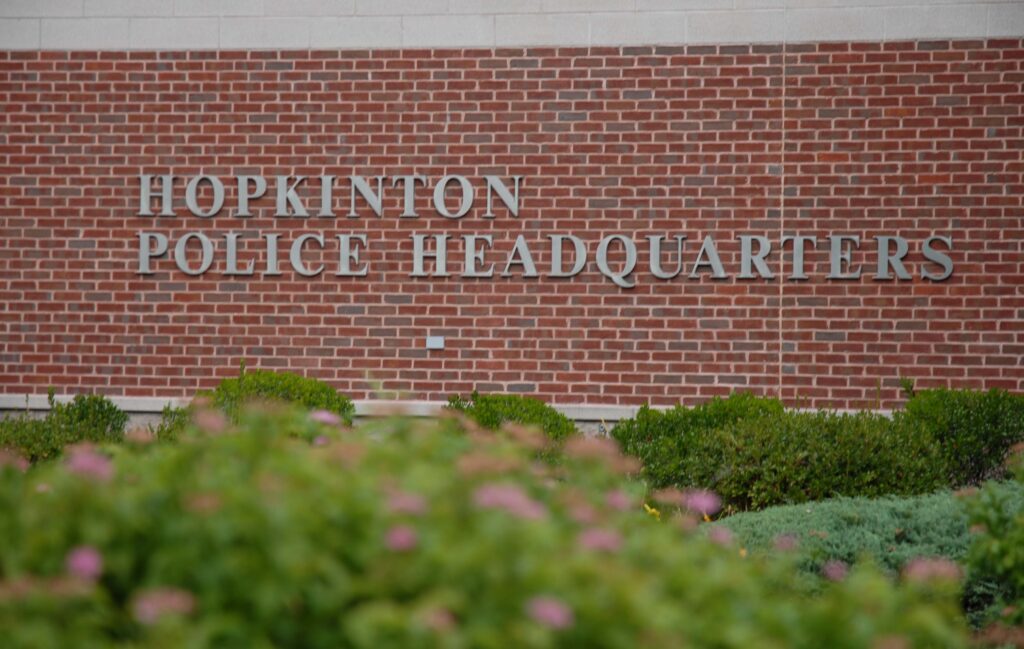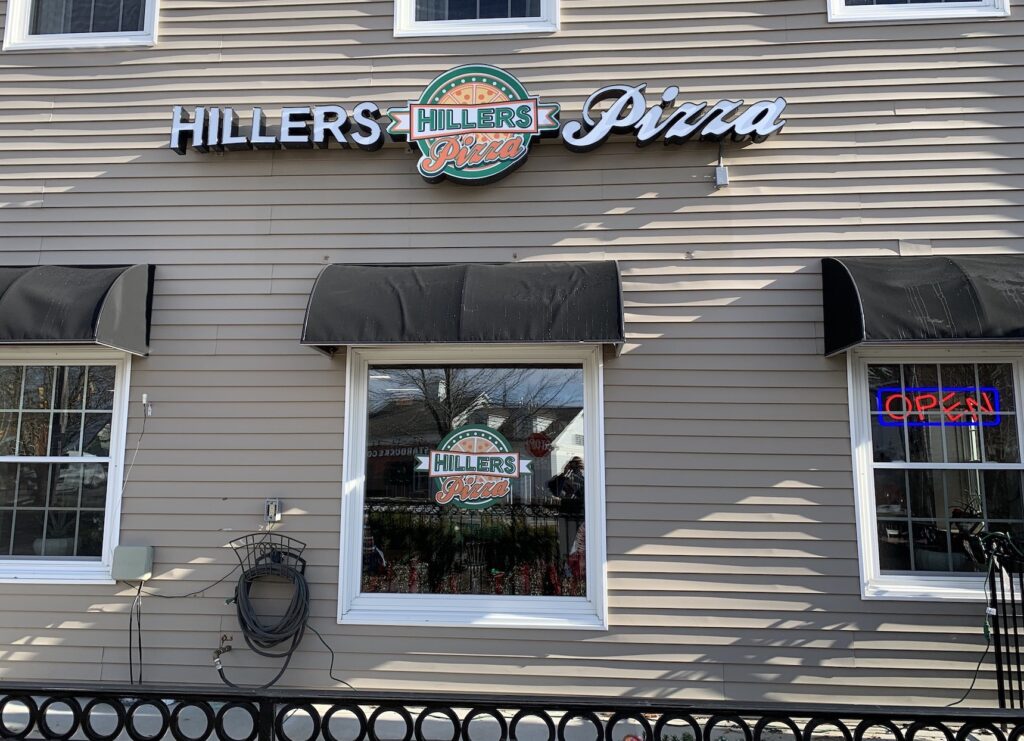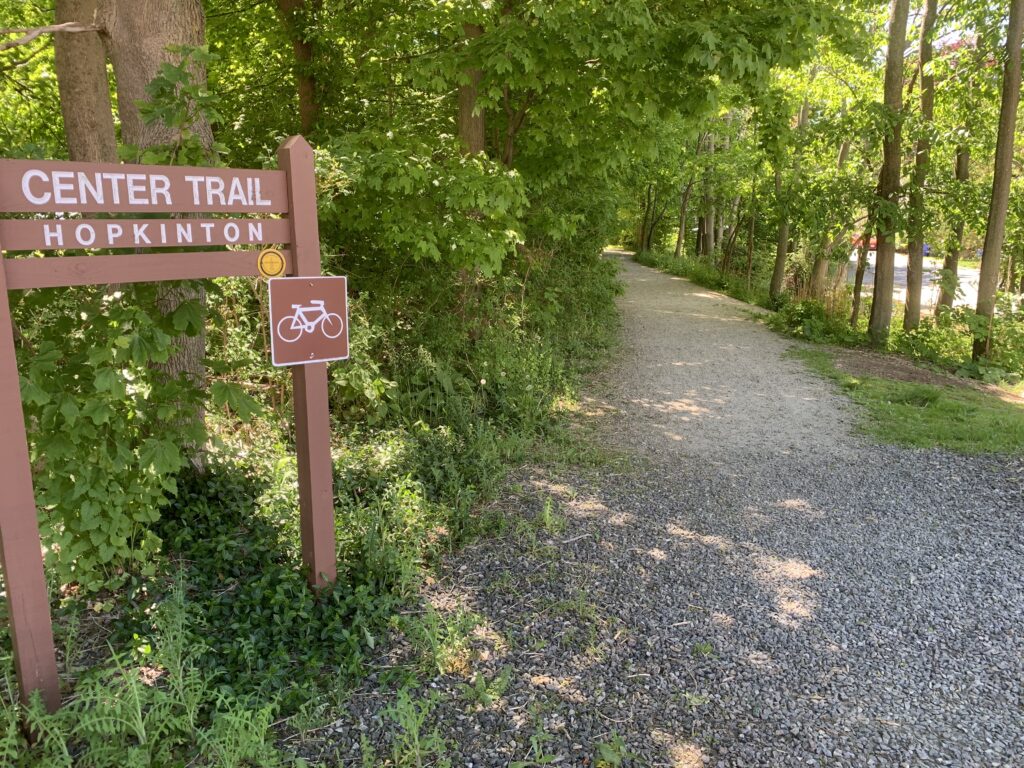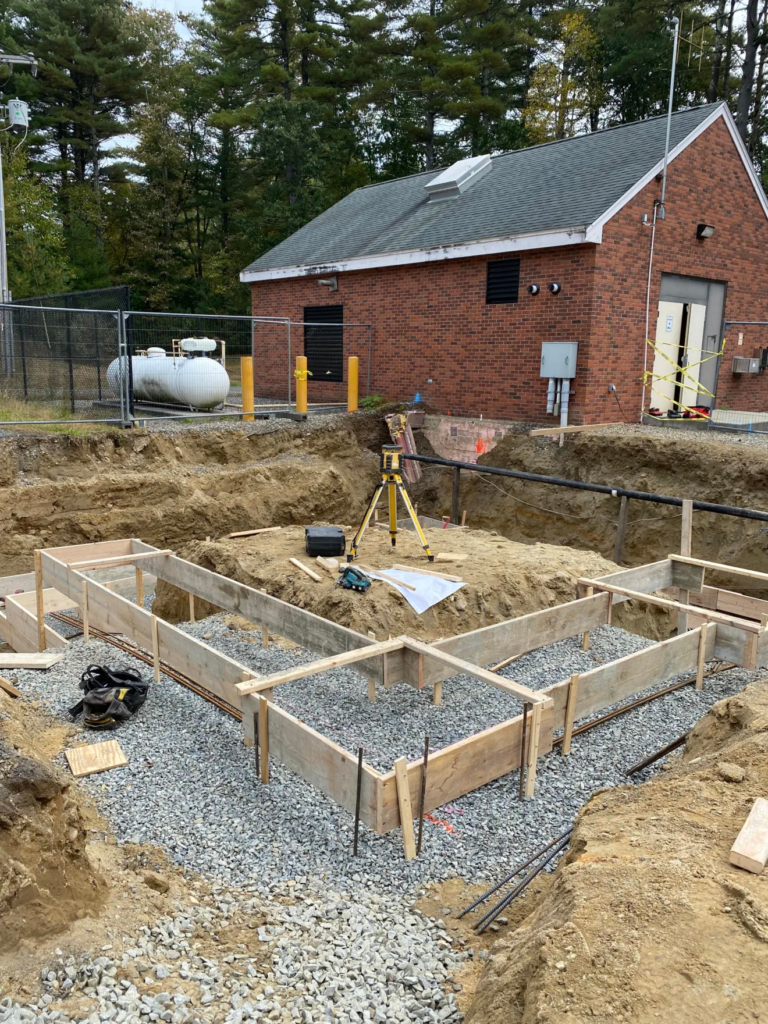The Planning Board on Monday voted against recommending Town Meeting passage of a citizen-submitted article that calls for the rescinding of a prohibition on town trash pickup at garden apartments.
The vote was 8-1, with Sundar Sivaraman the lone board member to support it.
The petition, sponsored by resident Tom Garabedian, seeks to amend Article 13.
“We’re asking that the town provide rubbish disposal services to those who have been permitted as garden apartments or as village housing in residential districts,” explained Garabedian (who also serves as moderator at Town Meeting). “The basic concept is one of equity and fairness that all town services should be provided to all town taxpayers.”
Town planner John Gelcich said passage could open up a larger can of worms because, while it was originally drafted to benefit the residents of Davenport Village, residents of condo associations could challenge that the town should be responsible to collect their trash should the bylaw go into effect.
“Legacy Farms would then fall into that category, which would really make the town’s responsibility a lot higher,” Gelcich added. “I believe if that were to happen, the town may choose not to collect rubbish and it would just be private carting, if that were to happen. That’s not meant to be a scare tactic or anything like that. I’m just passing along information from DPW.”
Planning Board chair Gary Trendel asked what the cost would be for the additional services. Garabedian said he was unsure, but for the trash removal for the 18 units at Davenport Village and recycling every other week, he said the cost was “approximately $6,000.”
Board member Jane Moran said she worried about setting a precedent with this proposed bylaw. Deb Fein-Brug added that she wanted more information about the cost of trash collection.
Mary Larson-Marlowe noted that the bylaws were established this way to give developers leeway in the way they laid out the roads so that they could be narrower.
“Most of the developments simply do not have the appropriate access for the DPW to go onto the roads and pick up trash curbside,” she said. “It really would not affect how the existing developments get their trash picked up.”
Garabedian, however, noted that “all of our developments are having trash picked up by someone.”
Following some discussion, the board determined that the article as written appeared to only affect new developments. Vice chair Robert Benson noted that the article “doesn’t solve the problem” for Davenport Village.
Although the board did not approve the measure, members applauded Garabedian for bringing the issue to their attention.
“That’s the kind of thing we like to see is people taking the initiative,” said David Paul.
“I understand that this just doesn’t fix the problem,” Muriel Kramer said, noting it is an equity issue. “And we may not untie the knot for the existing garden apartments. But I think it’s an important consideration going forward in our permitting.”
Garabedian said he understood the decision and would reconsider putting the article before Town Meeting. He also hopes to talk with town counsel about some options.
Board sticks with solar bylaw item
In other Planning Board news, the board voted 8-0 to not make any proposed changes to the proposed solar bylaw regarding the use of application of pesticides, herbicides and synthetic fertilizers — even though they are stronger than those currently held by the state and there is concern that they could be struck down by the Attorney General’s Office.
Gelcich explained he spoke with town counsel and learned that “the state has exclusive authority to regulate the use and application” of pesticides, herbicides and fertilizers. Anything in the bylaw, therefore, could be superseded by the state.
The state could strike the section but not the entire bylaw, he added.
Larson-Marlowe recommended leaving the language in because it is stronger and may not be struck down.
Kramer also said she wanted to keep it in, noting that removing the wording would be “chipping away at our ability to be a home rule community.”
The only dissenting comment was made by Sivaraman, who was concerned about going against the advice of town counsel on two issues. This also occurred in a past meeting, he said.
Trendel said this issue was very important to the board, and he “did not see any downside,” and Sivaraman agreed.
HALT recommends OSLPD changes
Morrie Gasser, president of Hopkinton Area Land Trust (HALT), gave a presentation on the importance of preservation bylaws. HALT manages about 900 acres of conservation land. He recommended changes to the open space landscape preservation development (OSLPD) bylaw, which he said could be beneficial to both developers and residents.
Some of the land HALT oversees has conservation land centered in the middle of developments, such as at Mighton Woods OSLPD. Trails run like arteries through its heart.
“The issues we face here is that a lot of these backyards are really close to the border,” he pointed out. “That’s what takes most of our time to manage at these developments.”
Gasser pointed out similar issues at a number of development sites, such as encroachments, narrow strips of land that are unsuitable for trails, other trails with multiple corners, yards against open space and complex geometry.
Benson said that the small lots Gasser was proposing were not conducive to the million-dollar-plus homes being built in Hopkinton.
“We all think open space is a good thing, but not in lieu of everything else,” Benson said.
“I think there has to be alternatives other than putting the house right up to the boundary,” Gasser said.
“This is HALT’s perspective,” Trendel said. “I think that’s one of the inputs we should be considering.”
Gasser added that the buffer requirement could be reconfigured by a percentage rate.
The next Planning Board meeting is tentatively scheduled for April 26 at 7 p.m.





















0 Comments